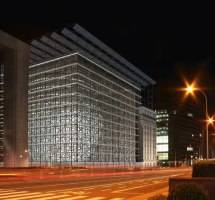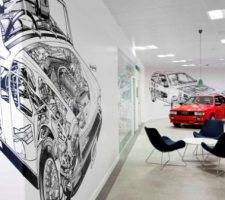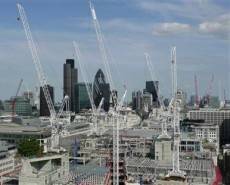November 20, 2014
Gender pay gap at lowest point in history, reports ONS
 The gender pay gap is now at its lowest point in history, with more women in work than ever before. According to new statistics by the Office for National Statistics (ONS) the pay gap has reduced by 0.7 percentage points over the past year to 19.1 per cent, and for those in full-time work the gender pay gap has reduced to almost zero for those under 40. Action is being taken to tackle one of the reasons for the pay gap – career breaks, often to raise a family by extending flexible working to all employees, and from next year, tax-free childcare and shared parental leave will come into effect. However, one of the main causes of the gender pay gap is that men tend to work in better paid sectors to women so a range of measures are being introduced to help women move from low-paid, low-skilled work into higher paid, higher skilled work. This includes a new £2 million training and mentoring programme of events for women, including those working part-time and older workers, to be carried out by the UK Commission for Employment and Skills. This will target women working in the science, technology, engineering and maths (STEM), retail and hospitality management and agricultural sectors.
The gender pay gap is now at its lowest point in history, with more women in work than ever before. According to new statistics by the Office for National Statistics (ONS) the pay gap has reduced by 0.7 percentage points over the past year to 19.1 per cent, and for those in full-time work the gender pay gap has reduced to almost zero for those under 40. Action is being taken to tackle one of the reasons for the pay gap – career breaks, often to raise a family by extending flexible working to all employees, and from next year, tax-free childcare and shared parental leave will come into effect. However, one of the main causes of the gender pay gap is that men tend to work in better paid sectors to women so a range of measures are being introduced to help women move from low-paid, low-skilled work into higher paid, higher skilled work. This includes a new £2 million training and mentoring programme of events for women, including those working part-time and older workers, to be carried out by the UK Commission for Employment and Skills. This will target women working in the science, technology, engineering and maths (STEM), retail and hospitality management and agricultural sectors.


























November 19, 2014
Worktech 14 London focuses on wellbeing, wherever we choose to work
by Sara Bean • Comment, Events, Facilities management, Flexible working, Wellbeing
The variety of ways in which technology can help us thrive at work was one of the key themes of the first day of Worktech 14, which also provided yet more evidence that the workplace is no longer based in any one place. There were some interesting ruminations on the changing values of the workplace, which included the challenges of managing mobile working and its wider effects on our wellbeing; a topic that merited a whole series of sessions, including, how office design can aide brain function; analysing the psychological effects of the ‘always on’ culture and the role of the employer in combating the rise in western obesity. Meeting room no-shows run at around 35% for most companies and in an illuminating co-presentation on estates utilisation with Condeco, Bruce Everest of Vodafone described how the mobile giant has transformed its offices into collaborative space. There were also some thought provoking sessions that peered into the future, including the statement by a speaker from none other than Intel that ‘technology alone is not our salvation’ and a fascinating glimpse into the workplace of 2040 provided by Marie Puybaraud of Johnson Controls. (more…)